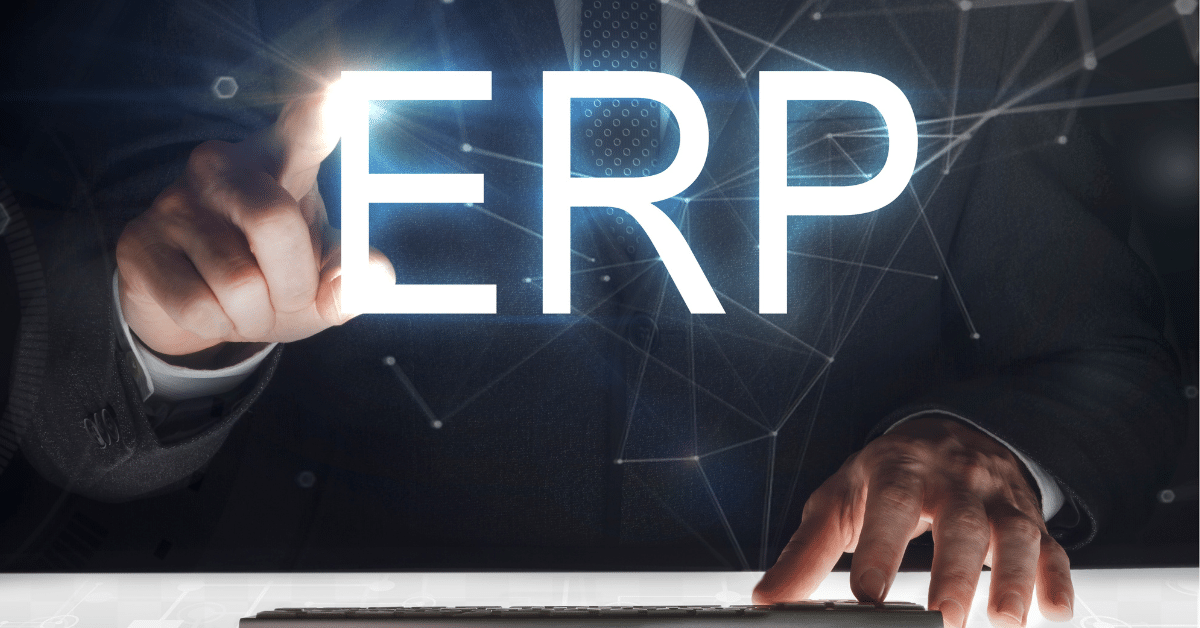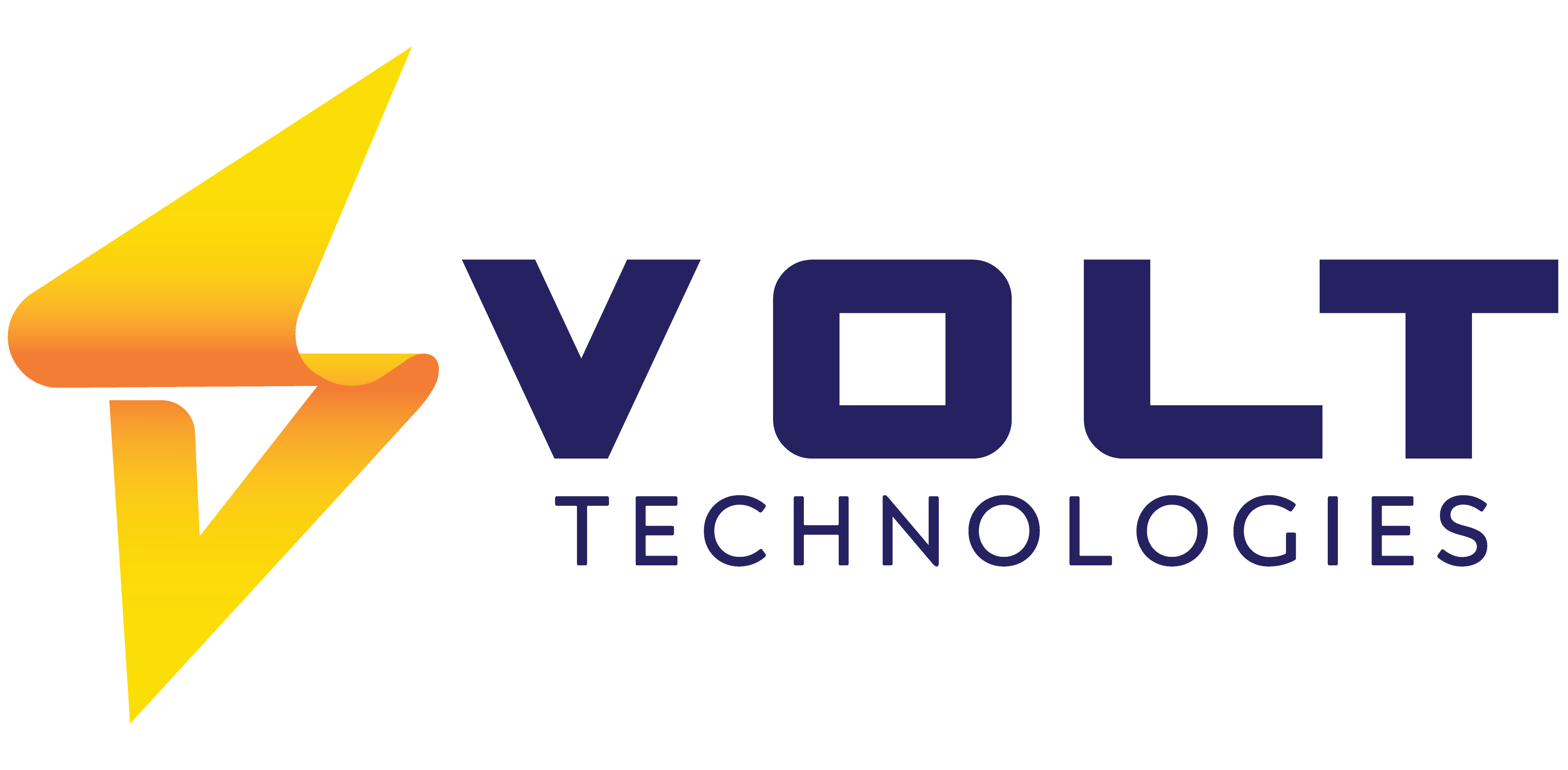How to Choose the Right ERP Consultant


Microsoft Dynamics 365 | Simplify your IT footprint and make decisions faster.
- September 23, 2025
Introduction
Implementing a new ERP system is one of the most important technology investments your business will ever make. It impacts finance, operations, supply chain, and customer service all at once. But here’s the catch: even the best ERP software can fail if it’s not implemented properly. That’s where an ERP consultant comes in.
A skilled consultant doesn’t just install software, they help you align processes, people, and technology so your ERP delivers measurable results. On the other hand, choosing the wrong consultant can lead to budget overruns, poor adoption, and wasted effort.
This guide will walk you through everything you need to know about choosing the right ERP consultant, from what they actually do to qualities you should look for, red flags to avoid, and best practices to follow.
Why Choosing the Right ERP Consultant Matters
ERP projects are high-stakes. Studies consistently show that a large percentage of ERP implementations fail to meet expectations. In many cases, it’s not because the software itself was flawed, it’s because the implementation partner lacked the right expertise or alignment with the business.
The right ERP consultant serves as a bridge between business strategy and technology. They bring proven methodologies, industry experience, and the ability to guide teams through complex change. Simply put, the consultant you choose can make the difference between ERP becoming a powerful growth enabler, or a costly mistake.
What Does an ERP Consultant Really Do?
When businesses hear the term “ERP consultant,” it can sound vague, almost like a catch-all title. In reality, an ERP consultant plays several critical roles throughout your ERP journey. Understanding what they actually do helps you evaluate whether a consultant has the right expertise to support your project.
At the most basic level, an ERP implementation consultant bridges the gap between technology and business needs. They start by analyzing how your company operates today: what processes are working, where inefficiencies exist, and what outcomes you want from a new system. Based on this assessment, they recommend solutions that align with your goals, whether it’s streamlining finance, automating supply chain workflows, or improving reporting visibility.
Beyond planning, consultants guide the technical aspects of ERP projects. They configure the system, oversee data migration, and integrate your ERP with other business applications. Just as important, they serve as advisors, helping you make trade-off decisions when budget, scope, or timelines need to be balanced.
There are different types of ERP consultants. Some specialize in functional areas like finance, operations, or distribution. Others focus on the technical side: custom development, integrations, or cloud infrastructure. And then there are full-service consulting partners, who combine strategic advisory with end-to-end implementation.
In short, ERP consultants are not just technicians. They are strategic partners whose guidance determines whether your ERP project delivers lasting business value, or turns into an expensive detour.
Key Qualities to Look For in an ERP Consultant
Not all consultants bring the same skills, experience, or approach. To set your project up for success, here are the qualities you should prioritize:
Proven Industry Experience
ERP is not one-size-fits-all. A consultant with experience in your industry will understand your specific regulations, workflows, and challenges, whether you’re in manufacturing, distribution, or professional services.
Strong Technical Knowledge
Your consultant should be well-versed in the ERP system you’re implementing (e.g., Microsoft Dynamics 365 Business Central, Dynamics 365 Finance, SAP, or NetSuite). Look for certifications, training, and hands-on project experience.
Clear Communication Skills
ERP projects involve cross-functional teams. Consultants must be able to explain technical concepts in plain language and foster collaboration across departments.
Transparency and Accountability
The best ERP consultants set realistic expectations, provide detailed project plans, and report on progress regularly. If they can’t explain how they’ll manage scope, timelines, and budgets, that’s a problem.
Focus on Long-Term Value
A good consultant isn’t just there to “install software.” They think beyond go-live, helping you design processes and systems that scale with growth.
How to Evaluate ERP Consultant Expertise
Once you know what qualities to look for, the next step is evaluating whether a consultant actually possesses them. Here are practical ways to assess expertise:
- Ask for Case Studies & References: Real-world examples show how they’ve solved similar challenges before.
- Check Certifications: For Microsoft ERP, look for consultants recognized as official Microsoft Partners with Business Applications competencies.
- Review Their Methodology: Do they follow a structured, proven implementation process, or do they improvise?
- Test Their Listening Skills: During early conversations, see if they ask insightful questions about your business rather than just pitching software.
- Look at Post-Go-Live Services: Ongoing support, optimization, and training are signs of a partner committed to your success.
For example, imagine a mid-sized distributor planning to replace an outdated legacy ERP. Two consultants are in the running: one spends the entire meeting showing flashy product demos, while the other asks detailed questions about your supply chain bottlenecks and reporting challenges. Which one would you trust more? The answer is clear, the consultant who listens and tailors their advice to your needs.
In-House ERP Team vs. External Consultant: What’s Best?
Some businesses wonder if they really need external consultants when they already have an in-house IT team. The answer depends on scale and expertise.
When In-House May Work
If your project is small in scope, such as minor system upgrades or simple workflow automation, your IT team may handle it. In-house teams also have a deep understanding of company culture and internal processes.
When External Consultants Are Essential
For full-scale ERP implementations, external consultants bring specialized expertise, vendor connections, and proven methodologies that in-house teams often lack. They’ve seen what works (and what doesn’t) across many projects, which reduces your risk.
Many companies find the best approach is a hybrid: internal IT staff work closely with ERP consultants to combine deep business knowledge with specialized technical skills. This not only strengthens the project but also helps transfer knowledge to your internal team.
Cost vs. Value: What Should You Expect to Pay?
ERP consulting costs vary widely, depending on scope, system complexity, and level of expertise. Rates may range from $150 to $300 per hour, with full implementation projects costing anywhere from tens of thousands to millions of dollars.
Instead of focusing solely on price, think in terms of value delivered. A more experienced consultant may charge higher fees but complete the project faster, with fewer errors, and with higher adoption rates, saving you money in the long run.
Consider also the hidden costs of choosing a cheaper, less qualified consultant: missed deadlines, failed data migrations, poor training, and low employee adoption. These can quickly outweigh any initial savings.
A strong ERP consultant will be transparent about costs, offer detailed proposals, and explain how each expense ties back to project outcomes.
Red Flags: Signs You’re Talking to the Wrong Consultant
Not all ERP consultants are created equal. While many bring real value to the table, others may lack the skills, integrity, or commitment your business needs. Knowing how to recognize red flags early can save you from wasted time, budget overruns, and a failed ERP implementation.
Overpromising with No Proof
If a consultant claims they can deliver everything you want, on time and under budget, without presenting a clear methodology or past examples, proceed with caution.
One-Size-Fits-All Approach
If your consultant pushes a cookie-cutter solution without spending time understanding your business, that’s a warning sign.
Lack of Transparency on Costs
Hidden fees, vague pricing, or reluctance to provide a breakdown of costs often signal trouble ahead.
Weak Communication and Engagement
Slow responses, avoidance of tough questions, or failure to involve your team can derail the project.
No Post-Go-Live Support
If a consultant disappears once the system goes live, you risk poor adoption and ongoing challenges.
Trust your instincts: If something feels off during early conversations, listen to that instinct.
Best Practices for Selecting Your ERP Consultant
Finally, let’s bring everything together with actionable best practices:
- Define Your Needs Before You Shop: Clarify project scope and goals before evaluating consultants.
- Evaluate Experience and Expertise: Look for proven industry knowledge and ERP certifications.
- Prioritize Communication and Transparency: Clear timelines, open pricing, and regular updates are musts.
- Consider Change Management and Training: Adoption depends on people, not just technology.
- Don’t Just Pick the Cheapest Option: A higher investment in the right consultant saves money long-term.
- Use a Comparison Checklist: Score potential consultants on criteria like methodology, support, and cultural fit.
Final Thought: The right ERP consultant is more than an implementer, they’re a trusted advisor who helps you unlock the true potential of your ERP investment. By choosing wisely, you position your business for smoother implementation, stronger adoption, and sustainable growth.
Unlock ERP Success with Volt Technologies
Choosing the right ERP consultant can feel complex, but it doesn’t have to be. At Volt Technologies, we’ve helped organizations of all sizes transform their operations with Microsoft Dynamics 365. Our consultants bring the perfect balance of technical expertise and industry insight, guiding you through every stage of the journey, from planning and implementation to training and long-term optimization.
When you work with Volt Technologies, you’re not just getting an ERP consultant, you’re gaining a trusted partner dedicated to making your ERP investment deliver real business results.
Ready to take the next step? Schedule a consultation with Volt Technologies today and discover how the right ERP partner can set your business up for lasting success.
